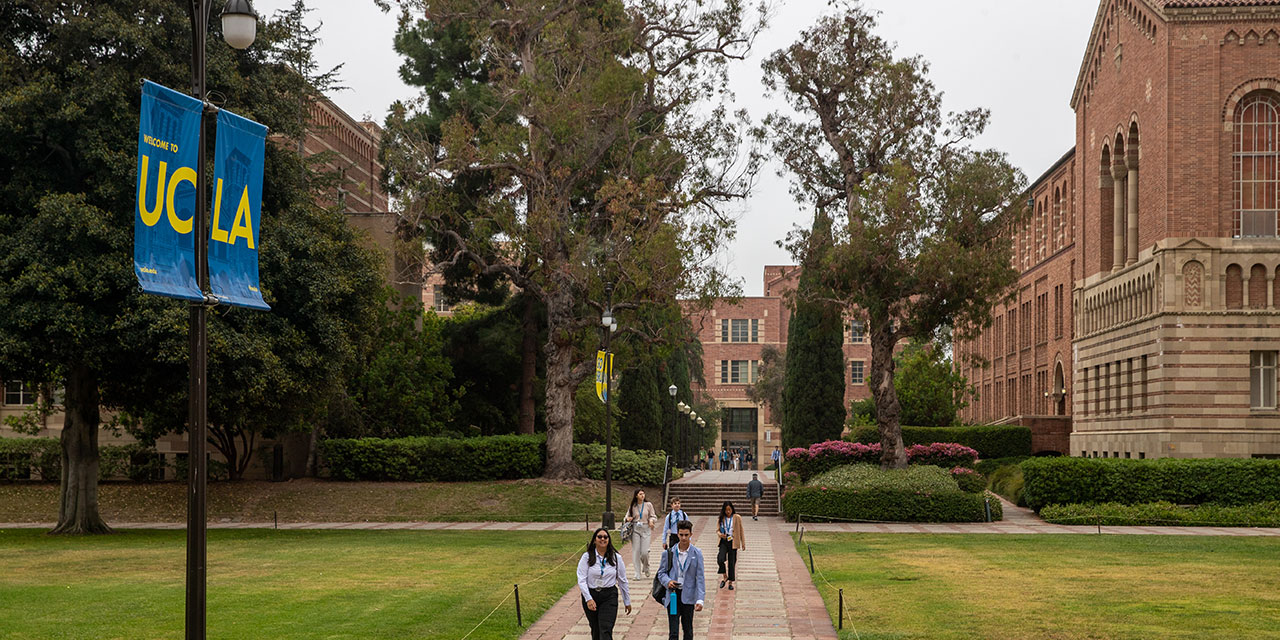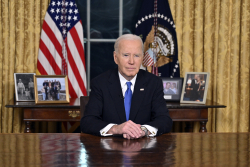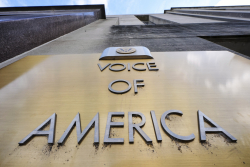
Opponents of high-skilled immigration have long portrayed student visas as an unfair source of low-wage labor, undercutting the job prospects of American-born college graduates. This point of view is now getting a hearing in the Trump administration. The president’s nominee to lead U.S. Citizenship and Immigration Services, Joseph Edlow, told a congressional panel last month that he would end the Optional Practical Training (OPT) program, which allows most international students to work in the United States after graduation.
Ending OPT would be a major economic and strategic mistake. My new research for the Economic Innovation Group shows that workers who arrived in the U.S. on student visas actually out-earn their native-born peers. Through tax payments, innovation, and increased demand, these earnings in turn enrich other Americans—making us all better off.
Finally, a reason to check your email.
Sign up for our free newsletter today.
In 2023, the median worker who came to the U.S. on a student visa earned a salary of $115,000, compared with $87,000 for the median native-born college graduate, according to the National Survey of College Graduates. This 32 percent earnings premium cannot be attributed to immigrants’ differing demographic characteristics or choice of industry—student visa arrivals outearn native-born peers across every age group and major industry category.
Contrary to critics’ claims, student visas aren’t supplying a steady flow of graduates willing to work for less than native-born Americans. Instead, they are providing a bridge to foreign students with skills for which employers are willing to pay a premium.
Such high-skilled, highly paid immigrants contribute more in taxes than they consume in public services. And they reduce inequality by boosting demand for blue-collar labor without increasing its supply.
Student visa programs also enhance American innovation. I find that 27 percent of workers who came to the United States on student visas perform basic or applied R&D at their jobs—more than twice the rate of native-born college graduates.
Previous research has found that immigrants were authors or coauthors of 30 percent of patents in strategic industries (those with very high R&D spending and use of STEM workers). Cutting off our research labs from this key source of talent would diminish American competitiveness at a time when the U.S. is vying with China for leadership in science and technology.
Opponents of OPT rightly note that the program is flawed. Graduates authorized to work under the program can take jobs only in fields directly tied to their major—an arbitrary and unfair restriction. Employers who hire workers on OPT also aren’t on the hook for FICA taxes, which they must pay to employ American graduates. Foreign graduates should be free to work for any employer, and any firm hiring them should have to pay the same taxes as they do when hiring native workers.
The visa programs available to graduates after they finish their time on OPT also have problems. Most prohibit them from starting a business, for example. Only 5.4 percent of workers who arrived as students and are still on temporary visas are self-employed—half the rate of native-born college graduates. But once graduates obtain citizenship, 15 percent become entrepreneurs, a higher share than among their native-born peers. Our skilled immigration system should put guest workers on an even playing field and make it easier for them to start businesses.
Yet even with these flaws, our student visa system has attracted millions of hard-working, ambitious people with skills that employers demand. The desire of so many of the world’s most talented people to come to the U.S. and our ability to select from among this pool are enormous strategic assets. We should not squander them.
President Trump himself has long expressed support for keeping our doors open to talented foreign students. Last June, he even proposed automatic permanent residency for foreign-born graduates of U.S. colleges. A few weeks ago, he said “I’ve always been in favor of students coming in from other countries. . . . I’m also in favor of letting them stay.”
Those are sound instincts. The president’s nominees should follow them.
Photo by Irfan Khan / Los Angeles Times via Getty Images
City Journal is a publication of the Manhattan Institute for Policy Research (MI), a leading free-market think tank. Are you interested in supporting the magazine? As a 501(c)(3) nonprofit, donations in support of MI and City Journal are fully tax-deductible as provided by law (EIN #13-2912529).
Source link
















